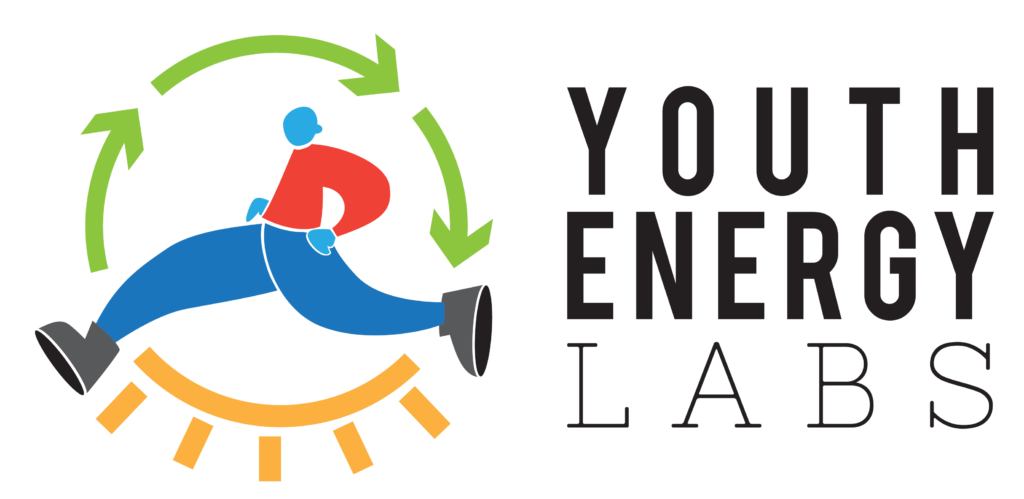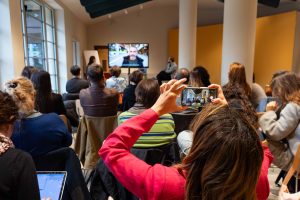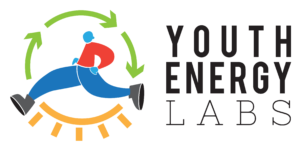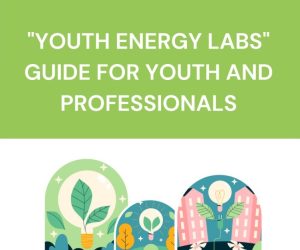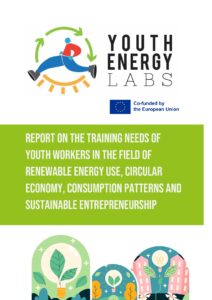Our comprehensive e-learning guide, developed under the Erasmus+ project “Youth Energy Labs,” is now available online. This Training Module is designed to empower youth professionals with the knowledge and tools to promote environmental sustainability, renewable energies, circular economy models, sustainable consumption, and green entrepreneurship.
Summary of the E-Course
The Training Module is a key output of the “Youth Energy Labs” project, which aims to “promote the use of renewable energies and circular economy in the European Union, through the development of a methodology and training resources aimed at young people in vulnerable situations and professionals working with them, as well as through the creation of youth initiatives based on sustainable and non-polluting consumption models.”
Course Content
The e-learning guide consists of five thematic modules, each designed to provide essential skills and knowledge for a transition towards a greener society.
Environmental Sustainability:
- Environmental awareness and the impact of individual and collective actions.
- Climate change effects and mitigation practices.
- Education for sustainability and integrating Sustainable Development Goals.
- The role of technology in sustainability.
- Renewable Energies:
Introduction to renewable energy sources (solar, wind, hydro, biomass, geothermal).
- Issues related to fossil fuels and their impact on biodiversity.
- The relationship between renewable energy use and climate change mitigation.
- Inclusivity and diversity in the energy transition.
- Career opportunities in renewable energy.
- Circular Economy Models:
Fundamental principles of the circular economy (reduce, reuse, recycle).
- The contrast between circular and linear economies and their environmental impacts.
- Practical examples and tools for daily implementation.
- Innovation and technology in circular economy practices.
- Career opportunities and entrepreneurial prospects in the circular economy.
- Sustainable Consumption:
Key concepts of sustainable consumption.
- Issues related to unsustainable consumption, such as carbon footprint and biodiversity loss.
- Benefits of sustainable consumption practices.
- Strategies to educate and raise awareness among youth about responsible consumption.
- Evaluating consumer decisions with practical applications and resources.
Green Entrepreneurship:
- Concepts and importance of green entrepreneurship.
- Identifying environmental challenges and business opportunities.
- Developing entrepreneurial skills in youth and integrating sustainability principles.
- Overcoming challenges in green entrepreneurship.
- Practical actions for youth, including mentoring and participatory teaching methods.
Throughout these modules, we aim to guide you on a journey of learning and professional growth, supporting your efforts to educate and engage youth on crucial sustainability topics.
In the coming weeks, the guide will also be available in the other project languages: Italian, Greek, Spanish, and Latvian.
To explore the e-learning guide and start your training journey, visit our e-learning platform. Join us in this vital endeavor to shape a sustainable future.
